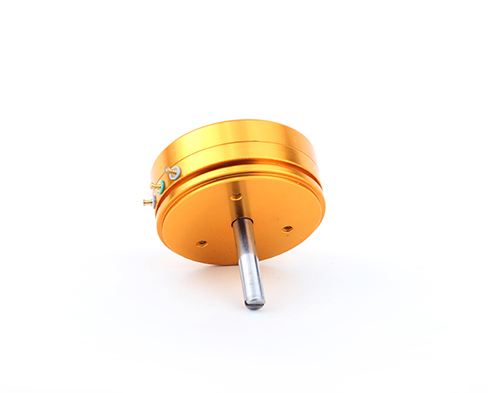

Company name: zhejiang huiren electronics co., LTD
Contact person: ms xu
Telephone: 0572-2207633
Phone: 18072606105
Email address: hrsales1@hzhuiren.com
Website: www.981682.cn
Address: 1818 gangnan road, economic and technological development zone, huzhou city, zhejiang province
Potentiometer products are widely used, but do you really understand the characteristics of potentiometer? Let's learn about it.

The resolution of the potentiometer
The resolution of potentiometer is also known as resolution. For wire-wound potentiometer, when the moving contact moves each circle, the discontinuous output voltage changes, and the ratio of this change and the output voltage is the resolution. The theoretical resolution of linear wire-wound potentiometer is the inverse of the total number of turns of winding, expressed as a percentage. The more total turns of potentiometer, the higher the resolution.
The biggest working voltage of potentiometer, the biggest working voltage of potentiometer is to point to potentiometer to be in formulary condition, work reliably for a long time and do not damage, the highest working voltage that place allows to bear, manufacturer of potentiometer calls rated working voltage. The actual operating voltage of the potentiometer shall be less than the rated operating voltage. If the actual operating voltage is higher than the rated operating voltage, the potentiometer will bear more power than the rated power, which will lead to overheating damage of the potentiometer.
Potentiometer dynamic noise problem, when the potentiometer under the action of external voltage, its dynamic contact point sliding on the resistance, the electrical noise generated is called the potentiometer dynamic noise. The dynamic noise is one of the main parameters of the sliding noise, and the value of the dynamic noise is related to the speed of the shaft, the contact resistance between the contact point and the resistance body, the uneven change of resistivity of the resistance body, the number of the dynamic contact points and the applied voltage.